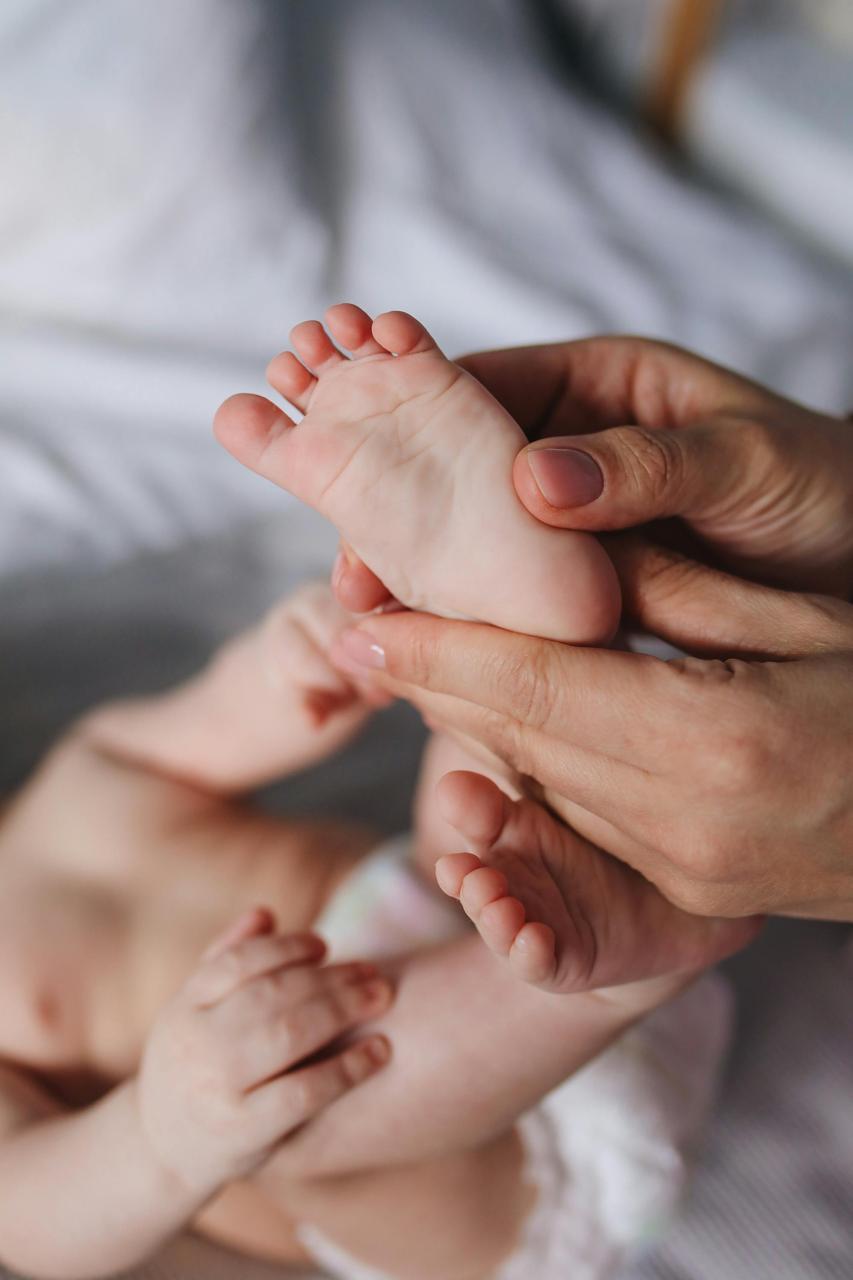Nurturing Through Postpartum Care

Post By Admin
Nurturing Through Postpartum Care: The Importance of Massage for Mother and Baby
Welcoming a new baby into the world is a joyous occasion, but it also marks the beginning of a transformative journey for both mother and child. In the whirlwind of caring for a newborn, it's crucial not to overlook the importance of postpartum care, especially when it comes to nurturing the well-being of both mother and baby through the therapeutic practice of massage.
Postpartum Care for Mothers
The postpartum period, often referred to as the "fourth trimester," is a time of physical and emotional adjustment for new mothers. While the focus is often on the baby, it's essential to prioritize the mother's recovery and well-being. Massage therapy offers numerous benefits during this sensitive time:
Physical Healing:
Childbirth takes a toll on the mother's body, causing soreness, muscle tension, and fatigue. Massage helps promote relaxation, relieve muscle tension, and improve circulation, aiding in the healing process.
Hormonal Balance:
The hormonal fluctuations that occur after childbirth can contribute to mood swings, anxiety, and postpartum depression. Massage triggers the release of endorphins and oxytocin, which promote feelings of relaxation, happiness, and bonding.
Breastfeeding Support:
Breastfeeding can be challenging for new mothers, both physically and emotionally. Massage can help alleviate breast engorgement, improve milk flow, and reduce the risk of blocked ducts, providing much-needed relief and support.
Emotional Well-being:
The postpartum period can be emotionally taxing as mothers navigate the demands of motherhood while adjusting to their new role. Massage offers a nurturing touch that can help mothers feel cared for, supported, and emotionally grounded during this vulnerable time.
Benefits of Baby Massage
Just as massage benefits mothers, it also has a profound impact on the well-being of newborns. Baby massage is a gentle, nurturing practice that promotes bonding, relaxation, and healthy development:
Bonding and Attachment:
Massage strengthens the bond between parent and baby through skin-to-skin contact, eye contact, and gentle touch. It fosters a sense of security and trust, laying the foundation for a strong parent-child relationship.
Soothing and Calming:
Babies are sensitive to touch and respond positively to gentle massage strokes. Massage can help soothe a fussy baby, promote relaxation, and alleviate symptoms of colic or gas.
Improved Sleep:
Massage has a calming effect on babies' nervous systems, making it easier for them to relax and fall asleep. A bedtime massage ritual can signal to the baby that it's time to wind down and prepare for sleep.
Enhanced Digestion:
Gentle abdominal massage can help stimulate digestion, relieve gas and constipation, and promote bowel movements, leading to a happier and more comfortable baby.
Conclusion
In conclusion, postpartum care and massage play a vital role in nurturing the health and well-being of both mother and baby during the delicate transition period after childbirth. Massage offers physical healing, emotional support, and bonding opportunities for parents and babies alike. By incorporating massage into their postpartum routine, families can enhance their connection, promote relaxation, and lay the foundation for a lifetime of health and happiness.
Leave a comment